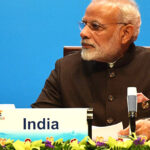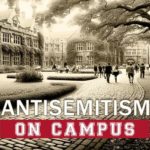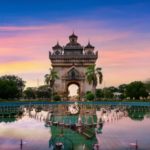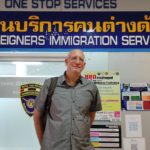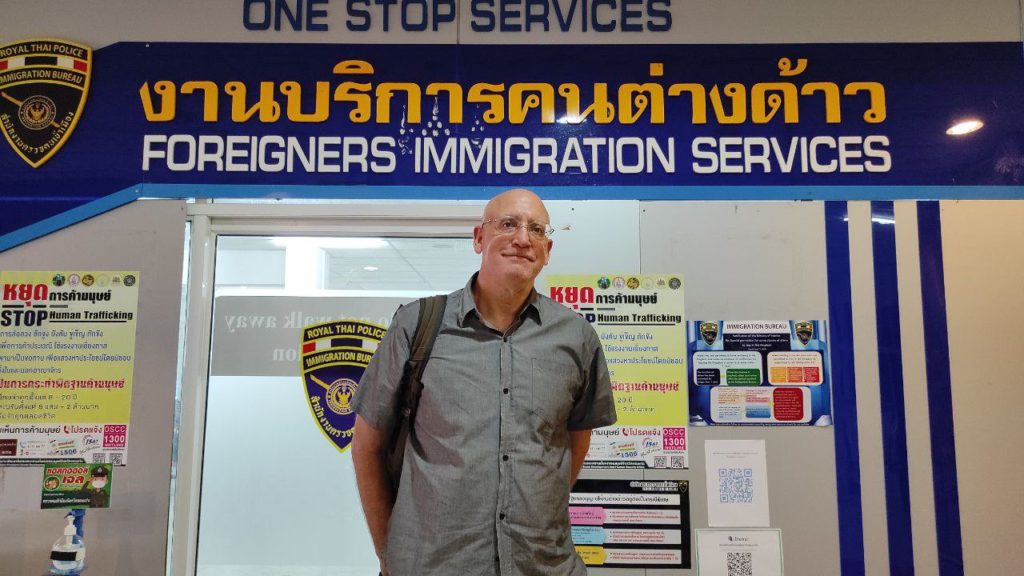
It emerged last week that Khon Kaen University (KKU) had terminated the work permit of David Streckfuss, an expert on lèse majesté, as well as the head of the university’s Council on International Educational Exchange, soon after he had participated in a workshop on decentralisation in Thailand. The university administration reached the decision after receiving visits from police and alleged pressure by immigration authorities. Capitalising on the misfortune of Streckfuss – an American who has lived in Thailand for 35 years, but who now has had his visa revoked – some royalists have launched an online campaign accusing him of being a CIA agent and calling for his deportation.
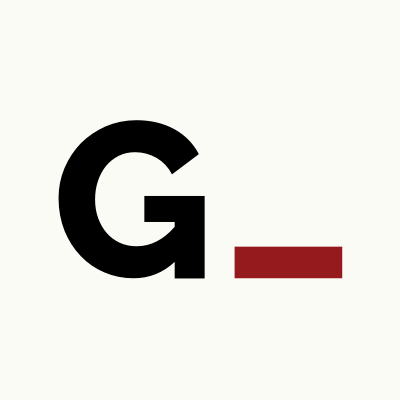
Secret agent or not, the Streckfuss case is just the latest blow to academic freedom in Thailand, which has been under attack since May 2014. Both international and Thai academics have been surveilled, and academic discussions, seminars and workshops that have been regarded by authorities as politically sensitive have been routinely cancelled or have been subject to monitoring by the government.
Activities that point criticism at the government or shed light on the workings of the military or the monarchy have been banned or limited by authorities, including some that have been prosecuted for acts of sedition or violations of Thailand’s draconian lèse majesté laws.
In a free and open society, it should be considered a universal right and a hallmark of a quality liberal education. But Southeast Asia, or ASEAN in particular, is consistently weak on academic freedom and Thailand contributes heavily to the region’s dismal record. As recently as March, the kingdom joined Turkmenistan, the UAE and Yemen comprising some of the poorest scoring countries in the annual Academic Freedom Index compiled by the Global Public Policy Institute and Scholars at Risk Network.
Whether the academic is Thai or of a foreign nationality, academic freedom in Thailand under the military-controlled government has been largely stifled. Academics, including Streckfuss, who work on sensitive subjects have, as illustrated above, have been subjected to heavy-handed tactics, including intrusive home visits, random surveillance of their personal and professional activities, as well as summons for “attitude adjustment”.
But Streckfuss isn’t the first foreign scholar to catch the eye of the Thai authorities. In 2019, a Princeton University scholar was briefly detained by Thai immigration authorities while departing Thailand. Andrew Johnson, an assistant professor of anthropology, said in a tweet he was being detained by Thai police who told him he had been placed on a watchlist of 30 academics and researchers who study Thai politics and culture.
Johnson said his detention was linked to his signing of a petition supporting Attachak Sattayanurak and Somchai Preechasinlapakun – two Chiang Mai University academics who, on October 31, 2015, gathered a press conference of like minded scholars in a hotel conference room. There, the group read a statement calling for greater academic freedom and objecting to the interference of the government in academic events.
By November, the junta had brought charges against six of the academics, accusing them of breaking a ban on political gatherings of five or more people.

The military-backed government has also tried to control Thai academics who are active on social media. In 2017, exiled academic Somsak Jeamteerasakul created a post on Facebook discussing a missing plaque to the 1932 Siamese Revolution. In May 2017, six people who shared Somsak’s post on social media, including prominent Thai human rights lawyer Prawet Praphanukul, were arrested for violating Article 112, or lèse majesté.
The case of Somsak, a historian formerly of Thammasat University who became known for his critiques of the monarchy and lèse majesté, almost beggars belief. But the social media incident was only the latest chapter in what appears to be a long, at-times violent campaign against him.
In February 2014, less than three months before the coup d’etat, gunmen on a motorcycle allegedly fired rounds at his house and attempted to burn it with a homemade fire bomb. At the time, Somsak was also being investigated for lèse majesté.
After the coup he fled Thailand and, in December of that same year, submitted his resignation from exile. The university did not accept it and, instead, established a disciplinary committee, which concluded he should be fired.
Somsak was then dismissed by Thammasat’s then-rector Somkid Lertpaitoon in February 2015 on grounds he did not show up for work for 15 consecutive days.
Many have claimed that the now-defunct National Council for Peace and Order (NCPO) pressured the university to formally dismiss Somsak. The rector Somkid had accepted an appointment to the military-controlled National Legislative Assembly in August of 2014.
More recently, during Thailand’s sweeping anti-government, pro-reform protests that began last year, the military and police have again drawn sharp lines limiting academic freedom on the topic of the monarchy.
Authorities were quick to issue arrest warrants for participation at an August 10 demonstration at Thammasat University. That most notably included activists Panusaya Sithijirawattankul, Arnon Nampa and Panopong Jaadnok, prominent critics of the royal system.
But that same day, the Ministry of Digital Economy also filed a complaint against self-exiled academic Pavin Chachavalpongpun for creating Royalist Marketplace, a Facebook group deemed critical of the monarchy. Pavin, who has been a near-constant presence at protests via video link from his home in Japan, once suggested the government would likely use his case as a deterrent to other academics who might think critically about the Thai monarchy.
For Pavin, attacks on his academic freedom have transcended international borders. His edited volume Coup, King, Crisis: A Critical Interregnum in Thailand was cancelled by National University of Singapore (NUS) Press. While it was later picked up by Yale University Press, Pavin claimed the decision to reverse course by NUS Press was due to political pressure.
The consequences for academics are serious, much like that of journalists, where intimidation tactics can lead to self-censorship or avoiding critical areas of social science research. Streckfuss penned a 2010 book on lese majeste, entitled, Truth on Trial in Thailand: Defamation, Treason, and Lèse-Majesté. While intimidation tactics might not persuade Streckfuss to temper his research, it might deter younger Thai scholars from even approaching the topic.
More chilling in the Streckfuss and Somsak cases is the complicity on the part of leading academic institutions such as KKU and Thammasat University in failing to stand up for their own freedom and that of their faculty. The move by Thammasat to fire Somsak drew significant protest among university staff and the student body, as well as international condemnation from a host of academics and researchers. It isn’t unreasonable to suspect that the move to dismiss Streckfuss would send shockwaves through the academic community in Khon Kaen.
KKU has been a hotbed of political activity since the 2014 coup swept authoritarian figures into power. The academic community has been supportive of activists and students in their efforts to better understand Thailand’s turbulent political landscape. At times, it’s also been a volatile place, most notably in 2016 when Thai authorities issued summons for five people who participated in a talk about the referendum on Thailand’s most recent Constitution, which violated the junta’s ban on gatherings of more than five people.
University officials were not too receptive and tried to block the event due to its political nature. KKU administrators filed a complaint to police accusing participants of “trespassing into a public building without permission” and violating Thailand’s draconian Public Referendum Act. KKU also denied a group in February 2018 access to university facilities to hold an academic seminar about the Constitution on grounds that it needed to contact the military first. The disconnect between the academic community and cautious university administrators appears to be widening, especially through the current protest era.
Protecting academic freedom means protecting the right of students to acquire critical knowledge and in turn, the capacity of individuals to think critically and reflect deeply about the world around them. The lack of academic freedom is a sad reflection of Thailand and ASEAN’s persistent dysfunction and the fact that their societies are so very far from being free.

